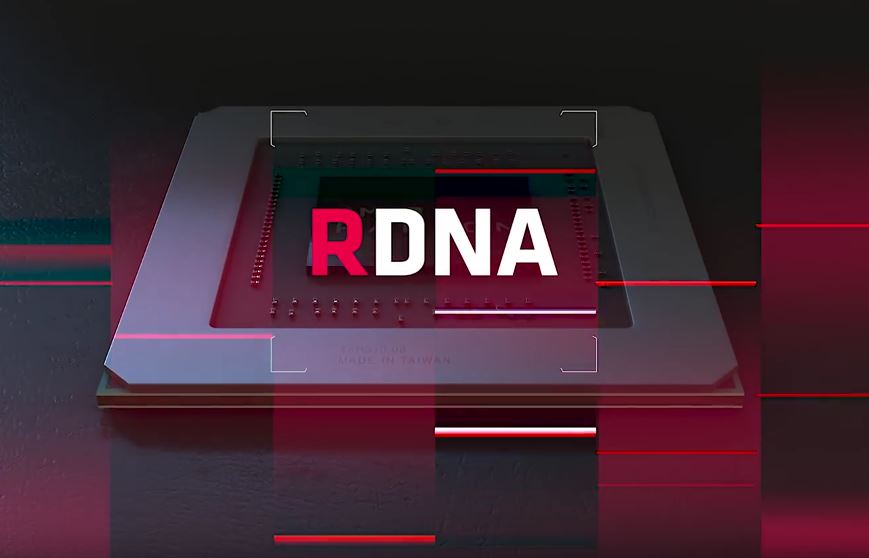AMD Radeon RDNA to Hit Samsung Products Within 2 Years
Samsung disclosed during its quarterly earnings call that its first devices using licensed AMD graphics IP would debut in roughly two years. During its own financial call last week, AMD revealed that it has added $100 million in revenue from Samsung to its earnings statements, signifying the relationship between the two semiconductor giants is progressing well.
AMD originally penned the multi-year strategic partnership with Samsung to license AMD's then newly-announced Radeon RDNA architecture to Samsung in exchange for fees and royalties. The two companies said the partnership would emphasize mobile devices, primarily smartphones. AMD's CEO, Dr. Lisa Su, said: “This strategic partnership will extend the reach of our high-performance Radeon graphics into the mobile market, significantly expanding the Radeon user base and development ecosystem.”
The deal allows Samsung to design its own silicon based on AMD's graphics IP. But, from Samsung's comments during its earnings call, the agreement sounded like it could encompass more than just mobile-centric designs:
Doh Hyun-Woo (Analyst)[Foreign Language] [...]Second question is about the recent announcement of the licensing agreement for the GPU technology with AMD? Can you share with us, for example, what specific SOC models we can look forward to? When those models you plan to launch? And also, the implications of this AMD relationship on your existing relationship with ARM? Unidentified Company Representative (Samsung)[Foreign Language] [...]To answer your second question about our AMD partnership. As you know, AMD has been a leader, especially in the GPU area since the early days of the PC market and is one of the leaders in terms of technology. We think that with this partnership, we will be able to leverage the GPU competitiveness of AMD to enhance the performance of not only our mobile SOCs, but also in other applications.But considering the usual time it takes to vet out IT technology, we expect that the GPU technology will start being adopted in products that will be launched two years down the road roughly.-via Seeking Alpha
Samsung's responses in the earnings call were translated from a foreign language by Seeking Alpha, and as we've seen even recently, that can lead to mis-translations. We followed up with AMD, and the company reiterated that the deal remains unchanged and only pertains to SoCs for smartphones, tablets and other mobile form factors.
Two years is a rational timeline to expect devices to emerge, but the jury is out on just which new devices the chips will power. In either case, sources close to the matter told us that AMD has built specific clauses into its contract with Samsung that prevent the latter from creating devices that compete with AMD's products. Many aspects of the agreement aren't detailed publicly, so exactly what Samsung has licensed from AMD also remains up for debate.
During AMD's last earning call, Su also commented on the Samsung partnership:
Get Tom's Hardware's best news and in-depth reviews, straight to your inbox.
On the Samsung side, it's a multiyear, multi-generational deal that we have across our graphics portfolio for mobile. In terms of 2019, the revenue is approximately $100 million, that would be added. This was not originally in our guidance, and it offset some of the headwinds that we talked about in semi custom and in China. As it's not pure IP though, so the way you should think about it is, there is some specific development expenses that are being that are part of that that deal. And so those will be part of the COGS portion of that. - Lisa Su via Seeking Alpha
That new revenue stream helped AMD fend off declines in its semi-custom group, which is primarily responsible for producing chips for game consoles, and softness in China that Su attributed to lost sales to AMD's THATIC joint venture, which had been added to the U.S. Entity List.
Su also added that the margin from the deal with Samsung, after offsets, would weigh in above the "corporate average," meaning the licensing deal is a profitable endeavor for AMD.

Paul Alcorn is the Editor-in-Chief for Tom's Hardware US. He also writes news and reviews on CPUs, storage, and enterprise hardware.
